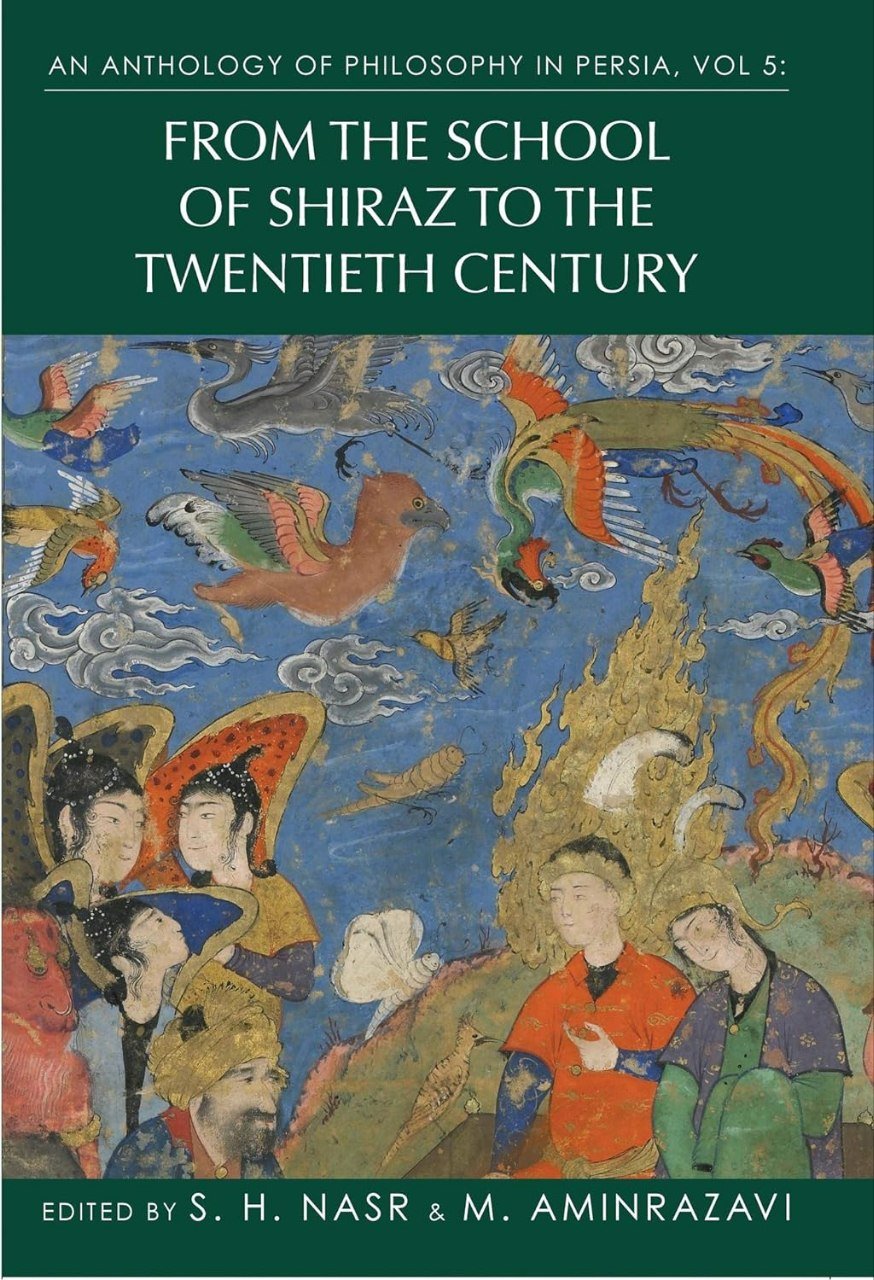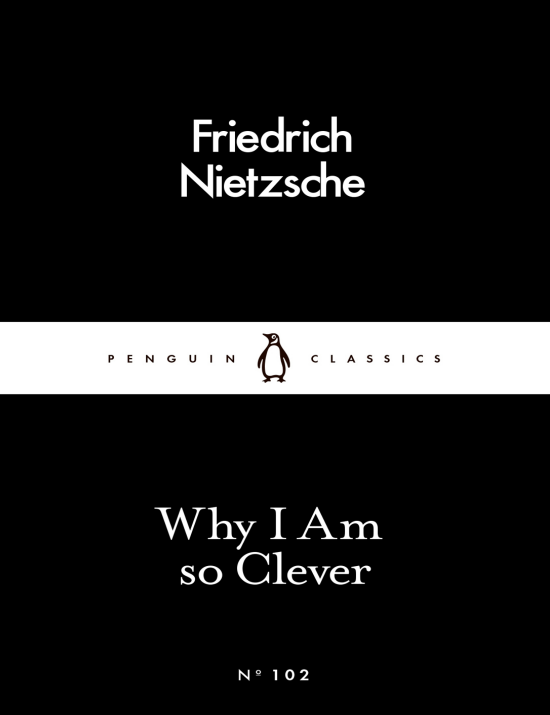

Economic Writings: Selections 1904–1945 By Otto Neurath
Reviews
No review yet. Be the first to review this book!
Description
Economic Writings: Selections 1904–1945 By Otto Neurath Economic Writings: Selections 1904–1945 presents a comprehensive collection of Otto Neurath’s economic and social theories, offering insight into his pioneering contributions to economic planning, socialist thought, and the philosophy of science. As a key figure of the Vienna Circle and a proponent of logical empiricism, Neurath approached economic issues with a scientific, data-driven perspective, emphasizing the need for empirical analysis over abstract theoretical models. His writings explore alternatives to capitalist economies, advocating for economic planning based on real-world resource management rather than market mechanisms. One of Neurath’s central ideas, developed in the wake of World War I and the economic crises of the early 20th century, was in-kind calculation (Naturalrechnung). He argued that economies should move away from monetary valuation and instead rely on direct physical accounting of resources, needs, and outputs. This approach, he believed, would allow societies to make rational economic decisions that prioritize collective well-being rather than profit. His rejection of the free market and his advocacy for a centrally planned economy were deeply influenced by his experience in wartime economic administration and socialist political movements. The collection also highlights Neurath’s work on socialization of the economy, emphasizing the transition from capitalist production to a system of economic coordination based on democratic decision-making. His practical experience as an economic planner in revolutionary Bavaria reinforced his belief that planned economies could be more efficient and equitable than market-driven ones, particularly in times of crisis. Neurath’s writings provide critical reflections on the failures of capitalist economies, addressing issues such as inequality, resource misallocation, and the instability of market-based economic systems. Beyond economic planning, Neurath was also deeply invested in making economic knowledge accessible to the public. He pioneered ISOTYPE (International System of Typographic Picture Education), a visual language designed to present statistical and economic data in an intuitive way. This initiative reflected his broader philosophical commitment to scientific humanism—the belief that knowledge should serve social progress and be comprehensible to all citizens. This volume captures Neurath’s interdisciplinary approach, blending economics, sociology, philosophy, and political thought. His economic theories remain relevant in contemporary debates on sustainability, post-capitalist economies, and the role of empirical data in policymaking. By compiling his key works from 1904 to 1945, Economic Writings offers a valuable resource for scholars of economic history, political economy, and philosophy, shedding light on a visionary thinker who sought to redefine economic science for the betterment of society.





















.jpg)
.jpeg)
.jpg)








.jpg)





.jpeg)











.jpeg)






.jpg)















.jpg)

.jpg)


.png)
.jpg)


.jpeg)
.jpg)



.jpeg)


















































